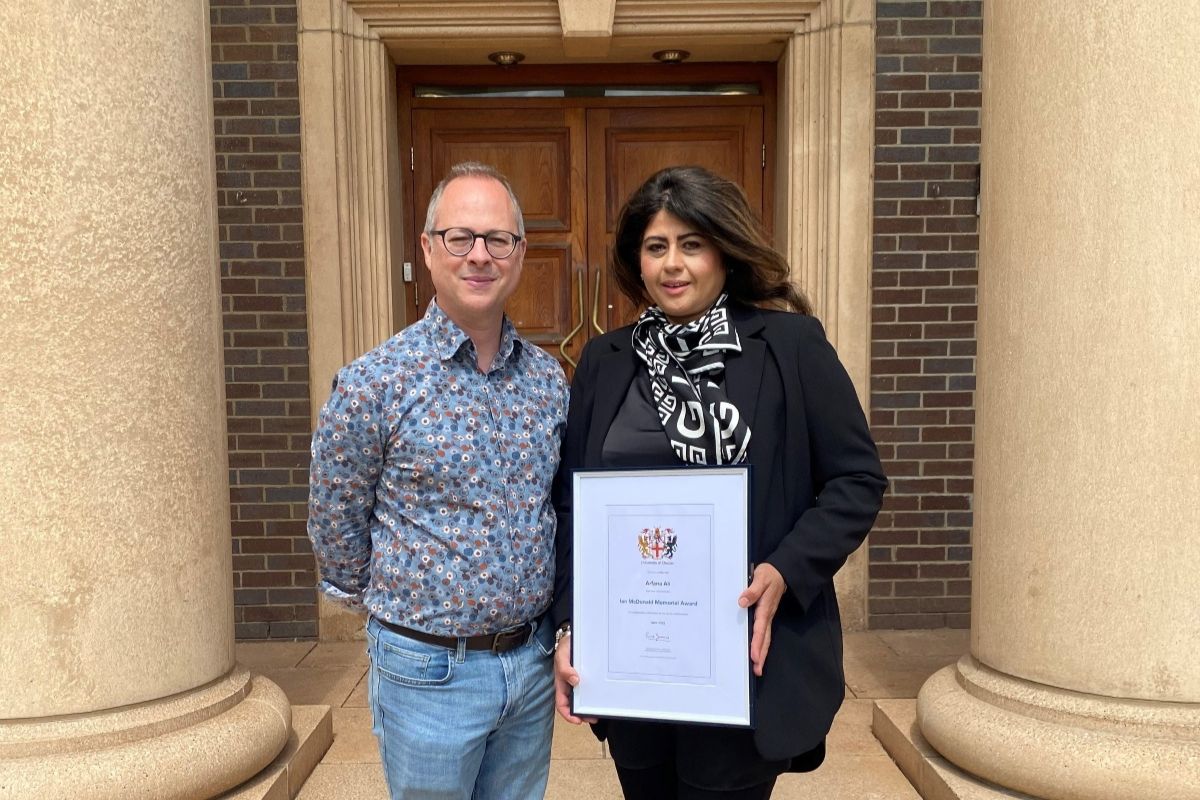Independent primary school managers found guilty of running additional illegal school

A pair responsible for managing an independent primary school have been convicted of running an additional unregistered school on the floor above.
The first custodial sentences for running an illegal school have been issued to a pair responsible for operating an unregistered site in north-west London following an Ofsted investigation.
Suleyman Folami, 59, and Mujanet Daniah, 41, were found guilty at Westminster Magistrates Court on 4 March. On 25 March, Chief Magistrate Emma Arbuthnot handed them both a 4-week custodial sentence, to be suspended for a year, and 120 hours of unpaid work. They were also each ordered to pay a £115 victim surcharge and £775 in costs.
Advance Education Centre, the trust responsible for the setting, was also ordered to pay a £1,000 fine on top of a £115 victim surcharge and £775 in costs.
Former chairman of the trust, Mohammad Dauhoo, 41, was found guilty of neglecting his duties as chairman of the trust and was ordered to pay £1,325.
Judge Arbuthnot said this case was more serious than others because of the large number of children involved. She expressed concern about safeguarding issues at the school and the lack of adequate teaching provided, and concluded that these offences were so serious that only a custodial sentence could be justified.
The court heard that Ofsted’s unregistered schools taskforce inspected the Brent site 3 times, in 2018 and in March 2019.
Inspectors found that the ground floor of the building on Abbey Road was being used as a registered school, but the floor above had been set aside to teach children of secondary school age.
Inspectors found as many as 66 children being taught on the upper floor and evidence that many were attending for at least 25 hours a week. Student workbooks and teacher plans showed it set homework, issued detentions and was operating as a full-time school.
When 5 or more children attend a setting for all or substantially all of their education, then it must be registered with the Department for Education.
Mr Folami and Ms Daniah claimed that what they were offering was a supplementary school. Following the first visit, they told Ofsted that they had changed their timetable to reduce the number of hours children were receiving tuition. However, inspections in March showed no change in the school’s operating model.
Board minutes from a meeting held just days after the first inspection showed that Mr Dauhoo was present when the trust discussed Ofsted’s concerns about the ‘supplementary school’.
Under examination, Mr Dauhoo also admitted that it was his responsibility, as chairman at the time, to oversee both the primary school and ‘supplementary school’.
A registration application was submitted for the supplementary site in April 2019 but the corresponding pre-registration inspection raised concerns about the suitability of the site and the application was rejected.
This is the fourth set of convictions for running an unregistered school.
The first ever trial of its kind took place at Westminster Magistrates’ Court in October 2018 in relation to an illegal school in west London.
In September 2019, a second set of convictions were secured against 2 people running an illegal school in south London and the following month 3 people pleaded guilty to running unregistered school Freiston Hall.
Amanda Spielman, Her Majesty’s Chief Inspector, added:
This was an illegal school. The people in charge of running it successfully registered their legal school and were fully aware of the correct procedure, but despite repeated inspections chose to flout the law.
Unregistered schools by their very nature put children’s well-being at risk. We will continue to expose these places and make sure they register and operate legally or cease operating. This case has again shown that a legal definition of what constitutes full-time education is needed.
As we have said several times over the last few years, the government needs to tighten the legal definition of a school and I am pleased that they are consulting on this.
Under section 96 of the Education and Skills Act 2008, a person who conducts an unregistered independent school in England is guilty of a criminal offence.
The offence is a summary offence and carries a maximum penalty of 6 months’ imprisonment, an unlimited fine or both.
Between 1 January 2016 and 31 August 2019, Ofsted investigated more than 600 suspected unregistered schools: 290 settings have been inspected and 83 have been issued with warning notices. As a result, 50 have changed the way they operate in order to comply with the law, and 10 have registered as independent schools.












Responses